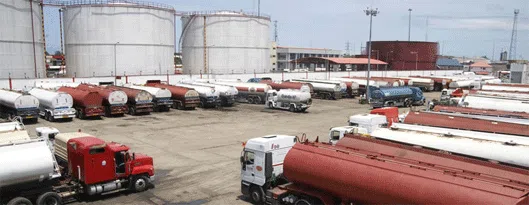The Federal Government of Nigeria has reached a significant milestone in its oil production efforts, achieving a cumulative deepwater oil output of 3.2 billion barrels as of December 2018. Deepwater operations now account for 40% of the country’s total oil production, contributing substantially to the nation’s oil industry.
This was revealed by the Director of Petroleum Resources, Ladan Mordecai, during the Offshore Technology Conference (OTC) in Houston, Texas. Represented by Deputy Director Upstream, Enorense Amadasu, Mordecai noted that Nigeria’s current total production stands at 2.1 million barrels of oil per day (bopd), with deepwater production contributing 850,000 bopd.
Nigeria boasts 83 deepwater oil and gas blocks, of which 30 have been awarded. Among these, eight blocks have begun production, while 53 blocks remain untapped. Some of the key deepwater fields include Bonga (OML 118), Akpo (OML 130), Agbami (OML 127/128), Abo (OML 125), and Erha (OML 133).
Since 2003, Nigeria has made significant progress in increasing reserves and production from deep offshore hydrocarbons. Technology has played a crucial role in converting these resources into economically viable reserves. Mordecai emphasized the opportunities in the deepwater sector, where more than 40 billion barrels of oil equivalent remain untapped, offering potential for accelerated revenues and sustained investment.
The deepwater exploration was initiated through the Production Sharing Contract (PSC) agreement, with the first 83 blocks mapped and awarded in phases beginning in 1993, followed by further awards in 2000 and 2015.













